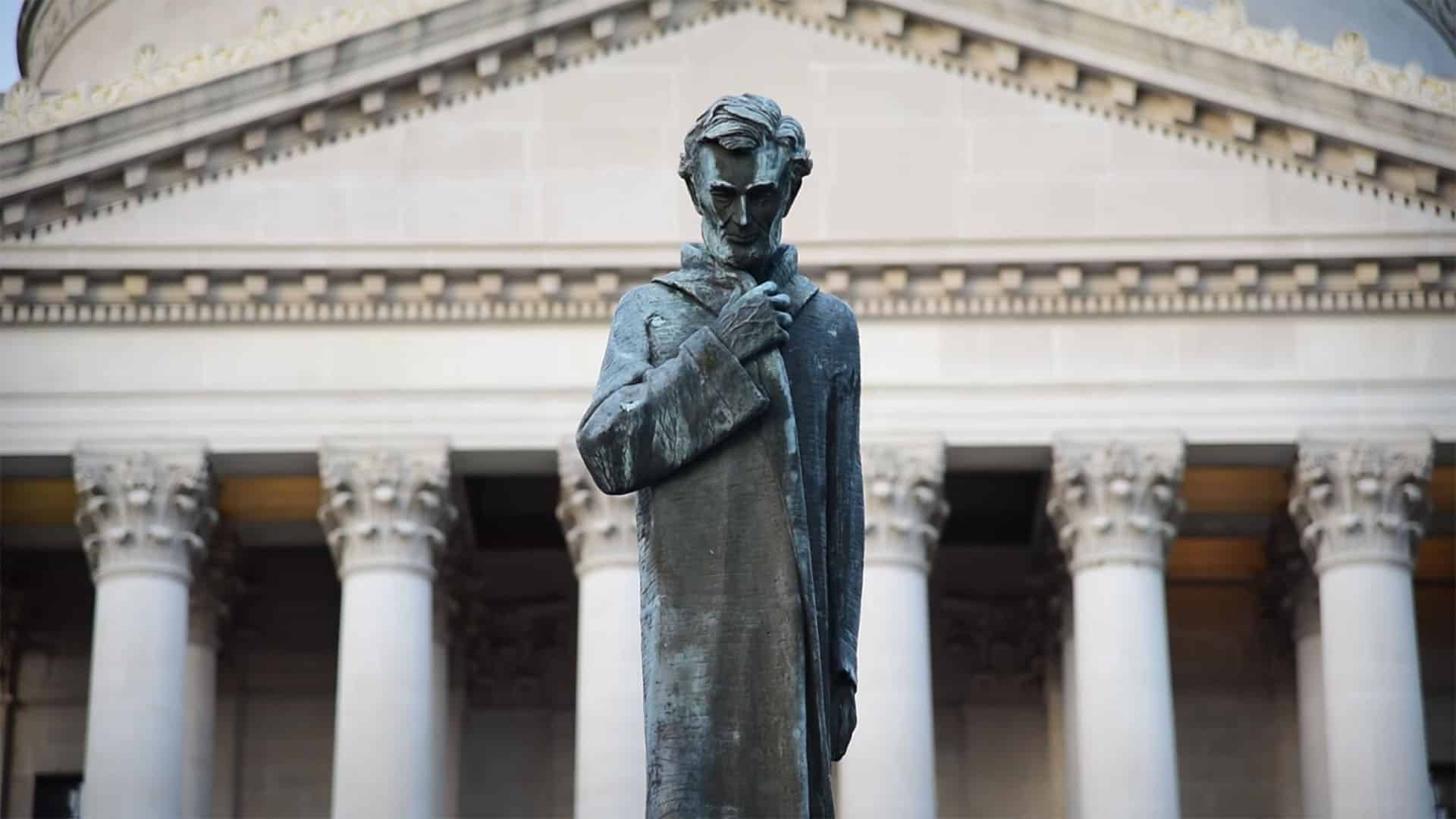Study of West Virginia’s Occupational Licensing Laws Shines Light on Burdensome Fees, Barriers to Opportunity & Competitive Disadvantages

FOR IMMEDIATE RELEASE
February 27, 2019
FOR MORE INFORMATION CONTACT
Amanda Kieffer, Communications Associate at The Cardinal Institute for WV Policy
PHONE: (304) 541-9551 | EMAIL: [email protected]
Study of West Virginia’s Occupational Licensing Laws Shines Light on Burdensome Fees, Barriers to Opportunity & Competitive Disadvantages
Charleston, WV – In partnership with the Knee Center for the Study of Occupational Regulation at Saint Francis University, the Cardinal Institute for WV Policy releases preliminary results from a survey of 64 occupations in West Virginia, Ohio, and Pennsylvania. The survey found that initial occupational licensing fees are, on average, 7.7 percent higher in West Virginia than Ohio and Pennsylvania and that renewal licensing fees are 8 percent higher in West Virginia than Ohio and Pennsylvania.
The survey also found that 39 percent of surveyed occupations in West Virginia were considered to have “high barriers to entry” when compared to OH and PA; 30 percent had “similar barriers to entry” as OH and PA; and 31 percent of surveyed occupations had “lower barriers to entry” compared to OH and PA.
“When comparing occupational licensing in West Virginia to the bordering states of Pennsylvania and Ohio, we found that initial licensing and renewal fees were about 8 percent higher in West Virginia,” said Dr. Edward Timmons, Director of the Knee Center. “This places a significant burden on the average citizen in West Virginia, especially when considering that median household income is 18 percent higher in Ohio and 30 percent higher in Pennsylvania than in West Virginia. It is hard to justify why licensing fees are so much higher in West Virginia, and they seem to place an unfair burden on the citizens of the Mountain State.”
“It is important to understand the type and scope of barriers facing enterprising West Virginians,” said Garrett Ballengee, Executive Director of the Cardinal Institute. “These preliminary results begin to paint a picture that the average West Virginian faces higher – and more expensive – barriers to earning a living than neighbors in Ohio and Pennsylvania. There is a fundamental right to earn a living and, through this research project, it is becoming clear that West Virginians are facing an unfair, inequitable regulatory hurdle.”
To schedule an interview, contact Amanda Kieffer at 304-541-9551 or [email protected].
About the Cardinal Institute
Located in Charleston, the Cardinal Institute for West Virginia Policy, Inc. is a 501c(3) non-profit founded in 2014 to research, develop, and communicate effective free market public policies for West Virginia.

